
Brexit has always been a hot topic in the past few years, but the number of discussions has increased, and the repeated tug-of-wars have made many spectators annoyed. It was not until last year that Britain finally "Brexit" was successful.
After Brexit, the first issue is to rebuild the loc...
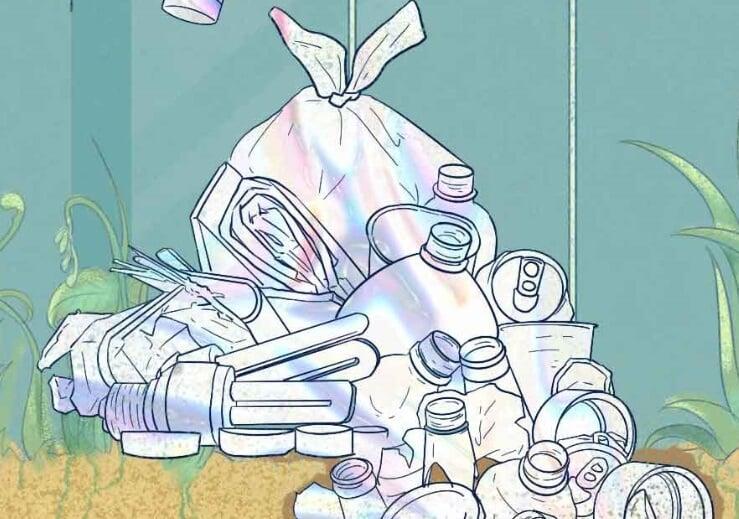

The EU is at the forefront of the world in the treatment of plastic pollution. Up to now, in all EU countries, 23 countries have legislated or taken actions under the Directive on Single Use Plastics (SUP, Single Use Plastics).However, four countries including Slovakia, Slovenia, Cyprus, and Poland ...
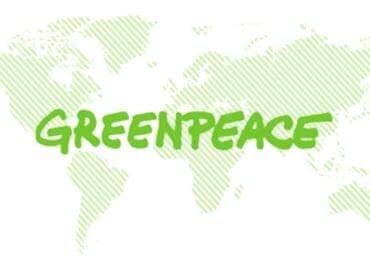
Scientists found plastic in the muscles of sea turtles for the first time, confirming that pollution chemically affects marine life. The researchers analyzed the remains of 44 sea turtles found on the Spanish coastline. The analysis showed that all creatures had traces of plastic additives in their ...
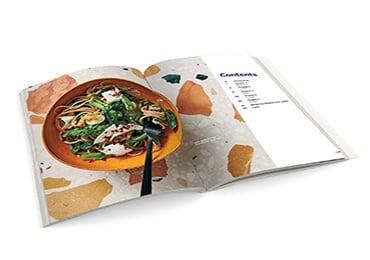
Degradable plastics are difficult to "degrade" (need to be degraded under specific conditions), which has always been the focus of controversy. There are also different opinions on the degradation performance of common degradable plastics such as PLA or PBAT under natural conditions.
The “p...
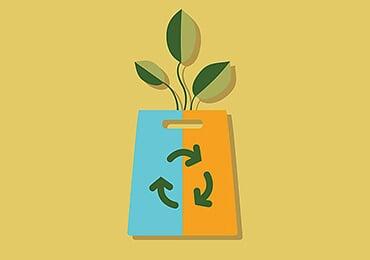
Biodegradable plastics have certain social, environmental and economic benefits. However, they also have many practical and potential obstacles. After a desktop survey, we found that the following countries and international organizations hold a cautious attitude towards biodegradable plastics, whic...

In order to prevent the proliferation of plastic waste, the European Parliament passed the "Disposable Plastic Directive" on July 3, 2021, aiming to ban the ten most common types of plastic found on European beaches by 2021. And significantly reduce the number of plastic cups and container...
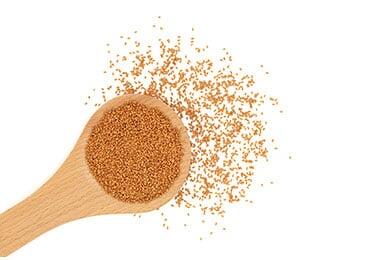
Yield10 Bioscience is an agricultural bioscience company based in Woburn, Massachusetts. The company’s chief scientific officer, Dr. Kristi Snell, recently presented a speech at the 2021 Synthetic Bioengineering, Evolution and Design (SEED) Conference held on June 18th. Snell described how researche...
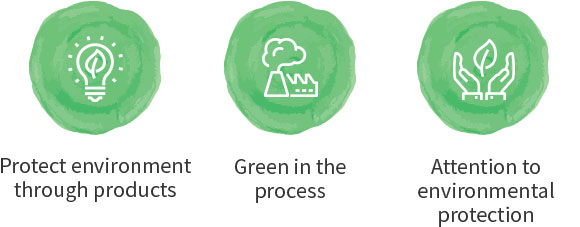
PLA (polylactic acid) is derived from bio-based renewable resources. After use, it can be degraded into carbon dioxide and water by composting. It has no pollution to the environment and is a kind of biodegradable plastic with great application prospects.
However, due to the slow crystallizatio...

On July 2, a researcher published a study in the journal Bioengineering and biotechnology frontier. Researchers found that the microorganisms in the cow cavity can not only degrade PET, but also two other plastics----Polybutylene adipate terephthalate (PBAT) for compostable plastic bags and pol...